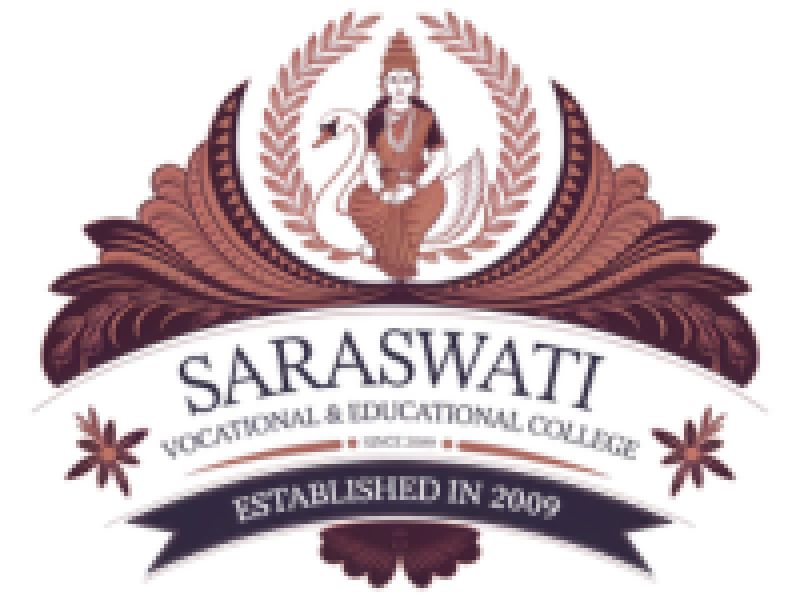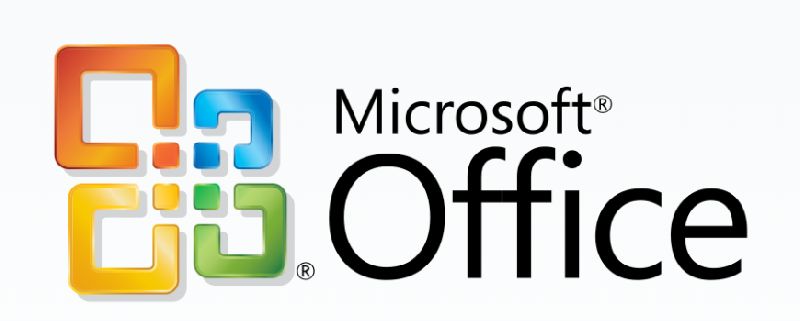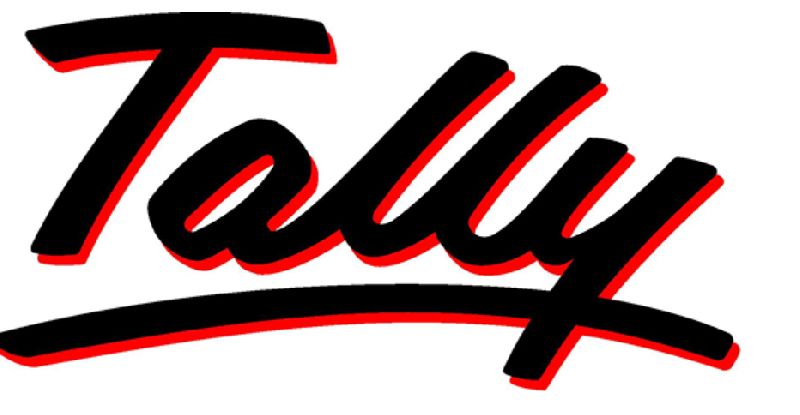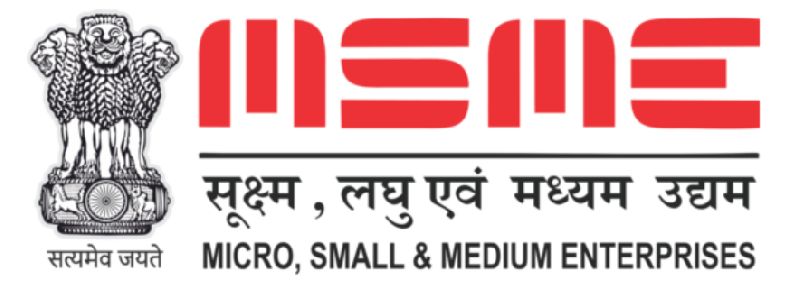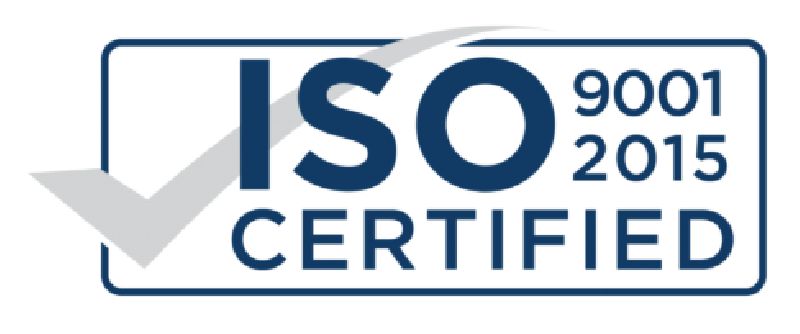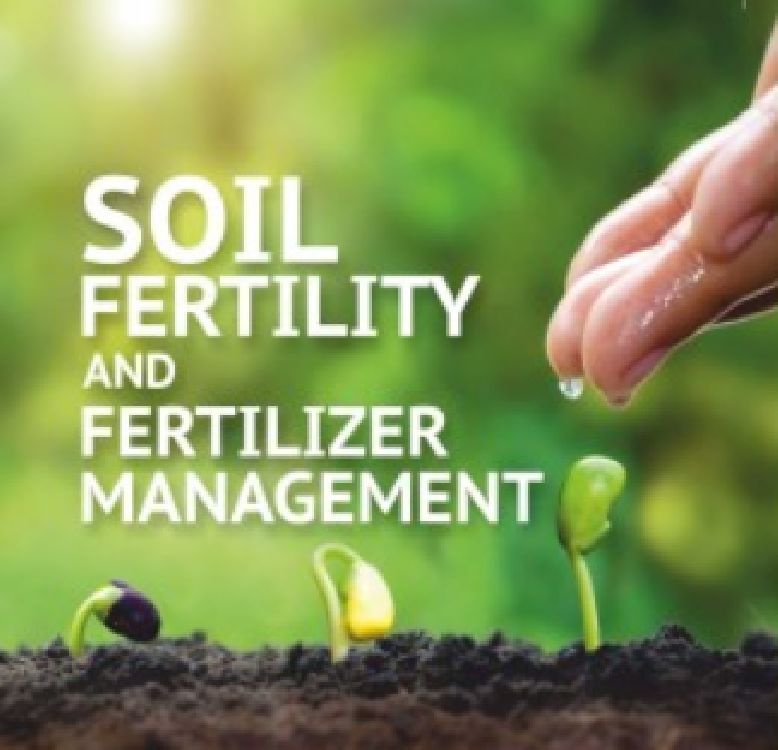
Minimum: 10th Pass (for short-term and certificate courses)
Preferred: 12th Pass with Agriculture/Biology/Chemistry (for diploma or advanced training)
Graduates or diploma holders in agriculture or related fields for specialized courses
Minimum: 16 years
No upper age limit
Interest in agriculture and farming techniques
Basic understanding of natural sciences (biology, chemistry, environment)
Soil origin and formation
Types of soils (sandy, loamy, clayey, etc.)
Soil profile and horizons
Soil texture, structure, and color
Physical properties (porosity, moisture, temperature)
Chemical properties (pH, salinity, cation exchange capacity)
Biological properties (soil organisms and microorganisms)
Difference between fertility and productivity
Nutrient cycles (Nitrogen, Phosphorus, Potassium)
Factors affecting soil fertility
Essential plant nutrients (macro and micronutrients)
Deficiency symptoms in plants
Nutrient requirement for different crops
Organic fertilizers: compost, farmyard manure (FYM), green manure, vermicompost
Inorganic fertilizers: Urea, DAP, MOP, SSP, NPK blends
Biofertilizers: Rhizobium, Azospirillum, Azotobacter, etc.
Broadcasting, band placement, foliar spray, fertigation
Time and dosage of fertilizer application based on crop stage
Integrated Nutrient Management (INM)
Soil sampling methods
Interpretation of soil test reports
Fertilizer recommendation based on soil tests
Soil conservation techniques (contour plowing, cover cropping, etc.)
Use of organic inputs and green manures
Avoiding overuse and misapplication of chemical fertilizers
Soil sampling and preparation for testing
Preparing and applying compost and vermicompost
Demonstration of fertilizer application techniques
Nutrient deficiency identification in crops
Fertilizer calculation and dose formulation
Field visits and interaction with agricultural experts

Course Code : M-ITIMM01

Course Code : M-ITIMM02

Course Code : M-ITIEVM01
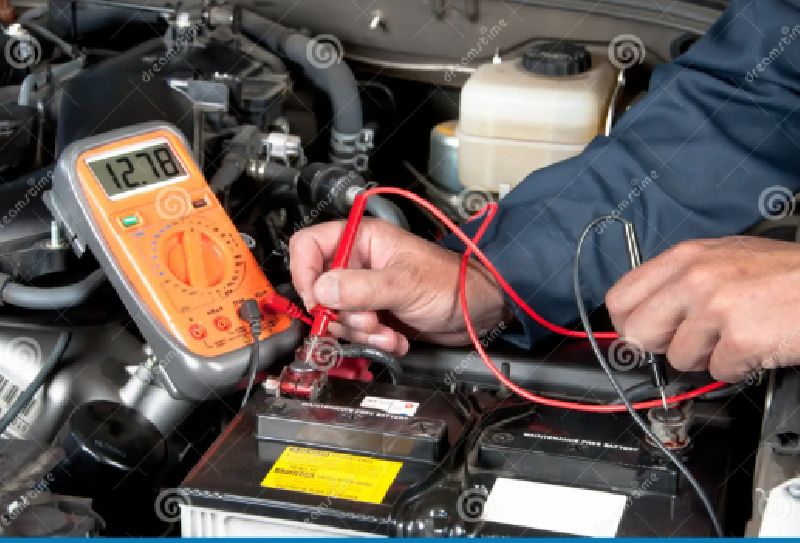
Course Code : M-ITIEVM02

Course Code : M-D-MLT01

Course Code : M-D-MLT02

Course Code : M-ITIADS01

Course Code : M-ITIADS02

Course Code : M-DHSI01

Course Code : M-DHSI02

Course Code : M-ITIDM01

Course Code : M-ITIDM02

Course Code : M-ITIDMC01

Course Code : M-ITIDMC02

Course Code : M-DBM01

Course Code : M-DBM02

Course Code : M-DFD01

Course Code : M-DFD02

Course Code : M-CFT01

Course Code : M-CFT02

Course Code : M-ADCA01

Course Code : M-ADCA02

Course Code : M-DHM01

Course Code : M-DHM02

Course Code : M-HM01

Course Code : M-HM02

Course Code : M-DRM01

Course Code : M-DRM02

Course Code : M-PTT01

Course Code : M-PTT02
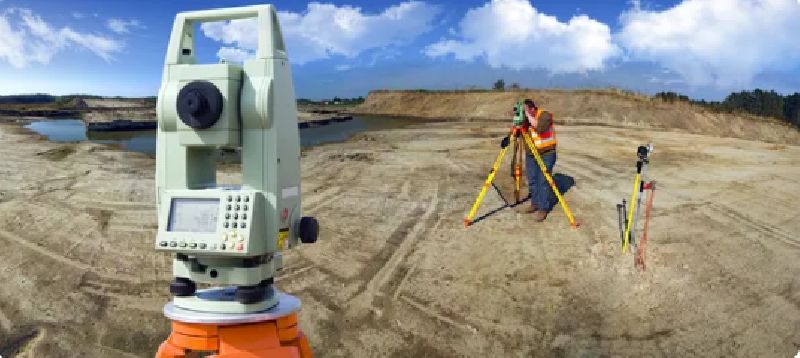
Course Code : M-ITISP01
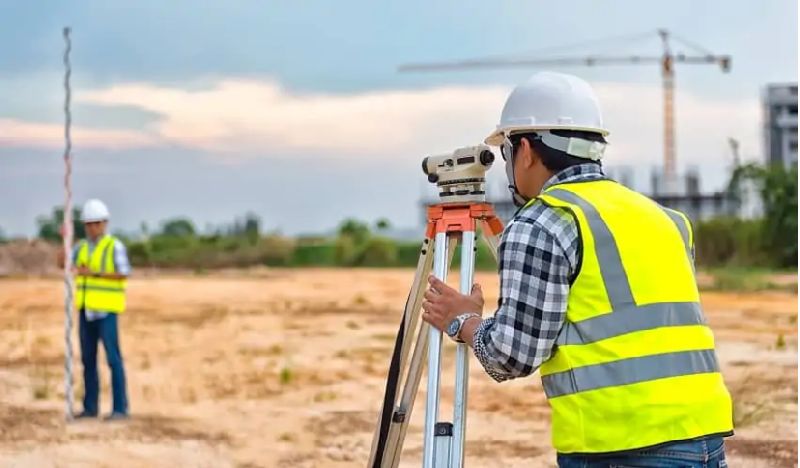
Course Code : M-ITISP02

Course Code : M-CMS01

Course Code : M-CMS02
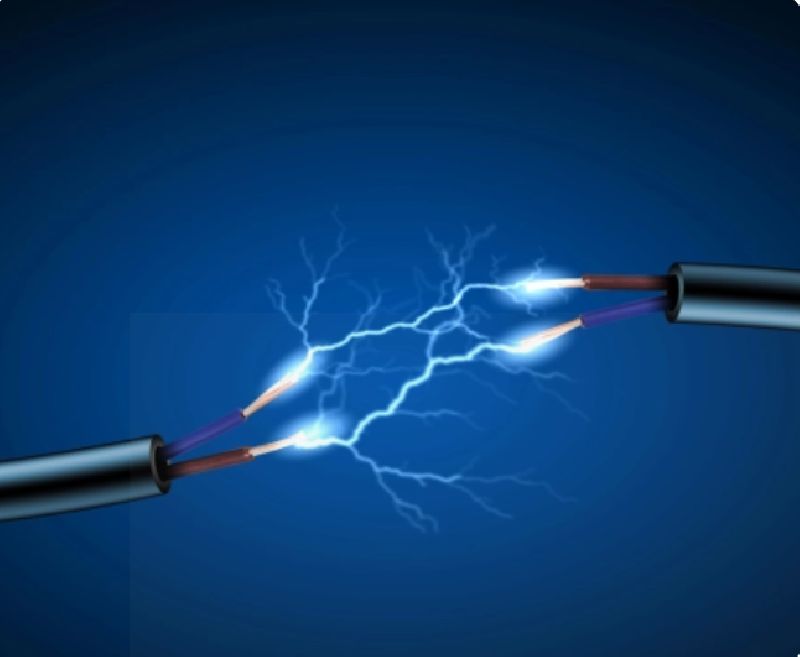
Course Code : M-ITIE01

Course Code : M-ITIE02

Course Code : M-ITIEN01
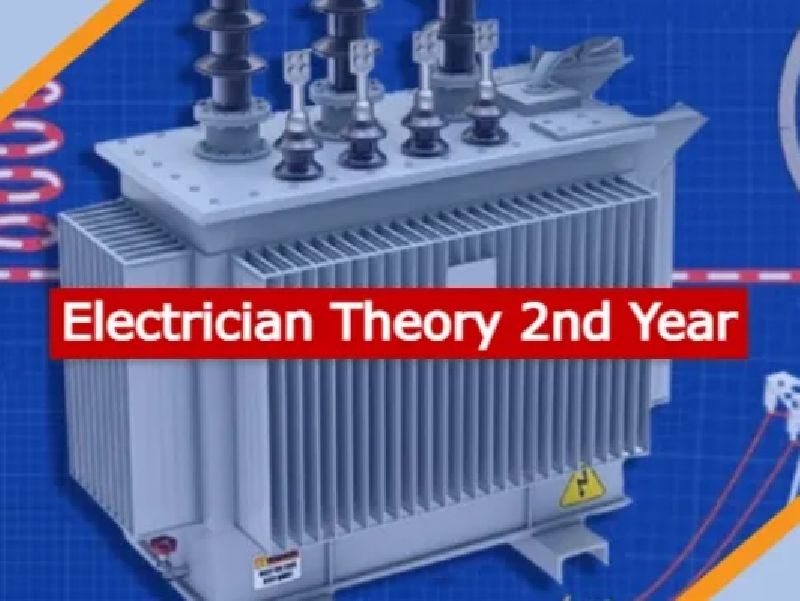
Course Code : M-ITIEN02
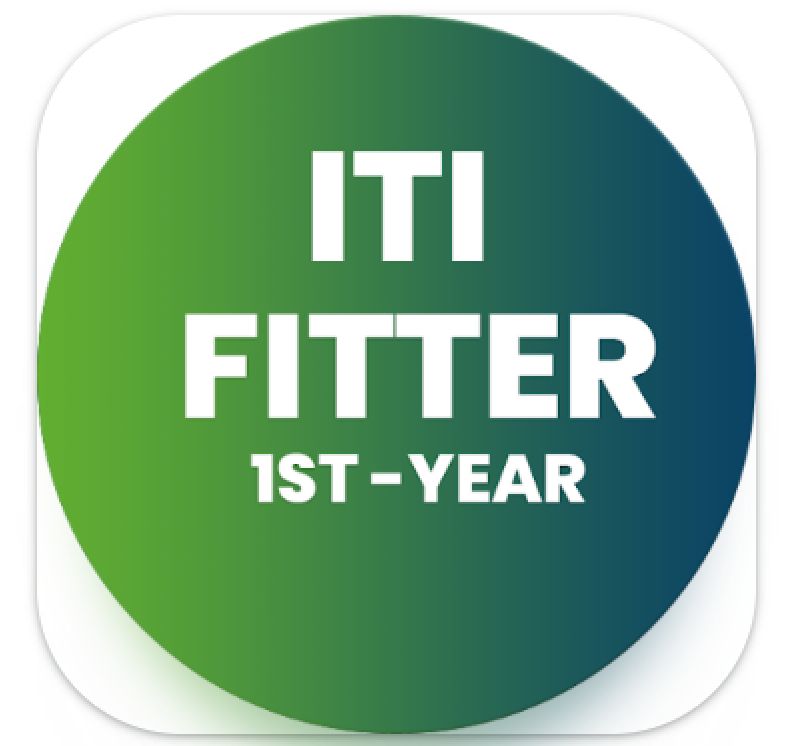
Course Code : M-ITIF01
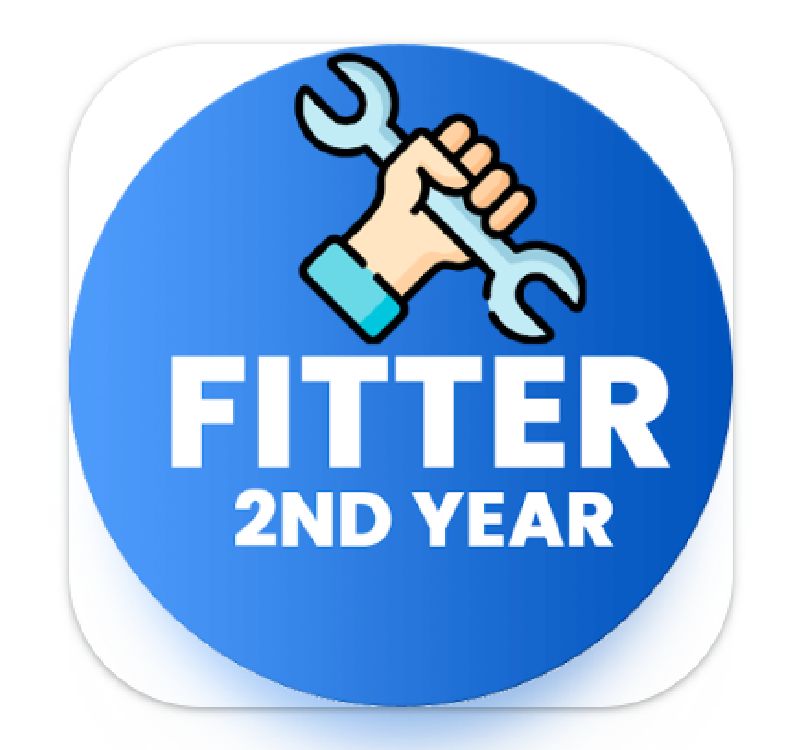
Course Code : M-ITIF02
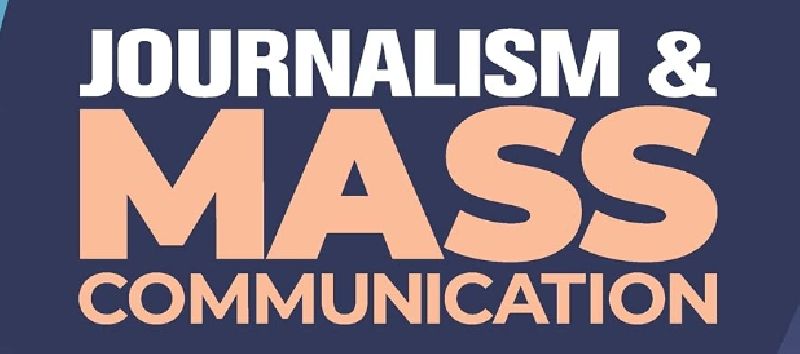
Course Code : M-DJMC01
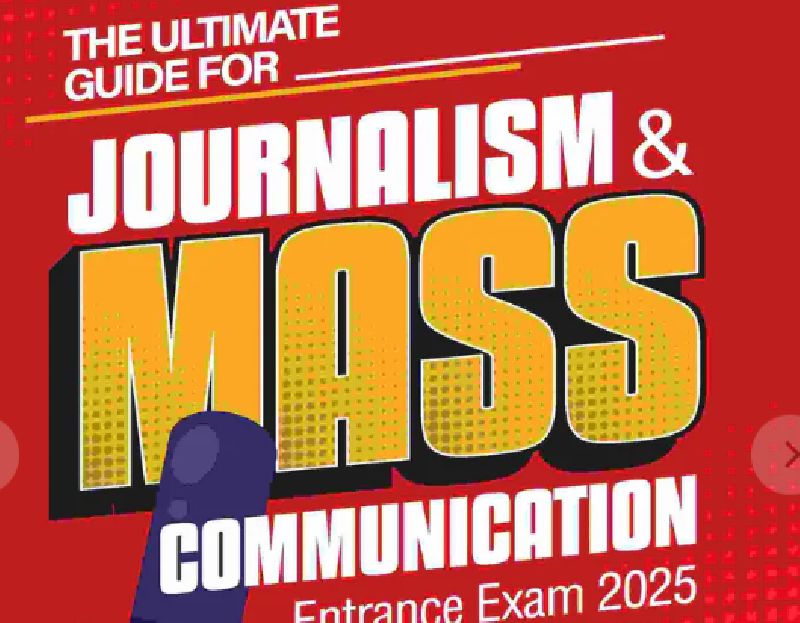
Course Code : M-DJMC02
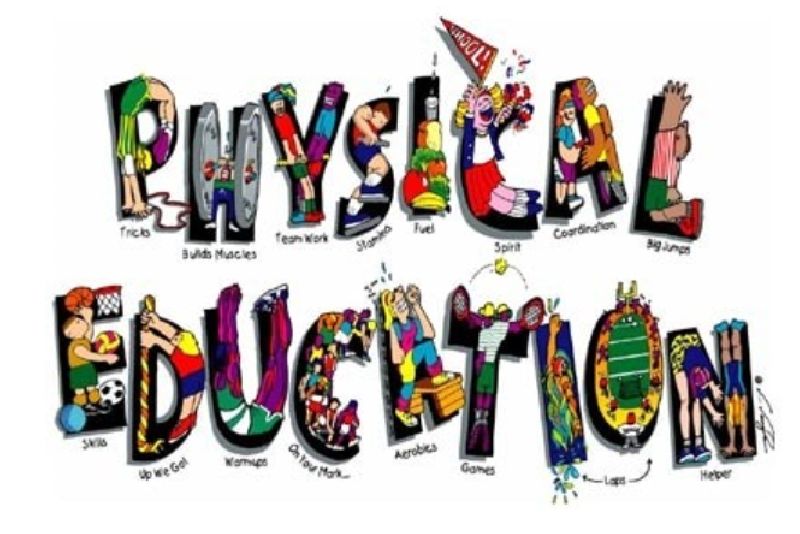
Course Code : M-DPE01
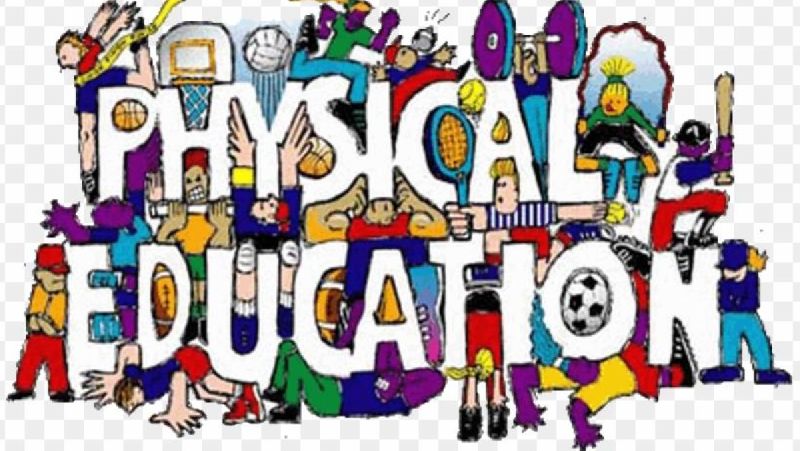
Course Code : M-DPE02

Course Code : M-CMSED01

Course Code : M-CMSED02
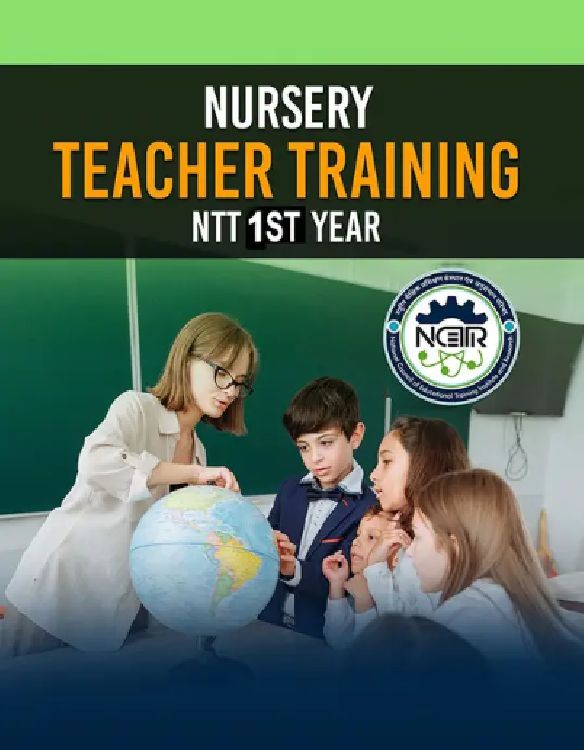
Course Code : M-NTT01
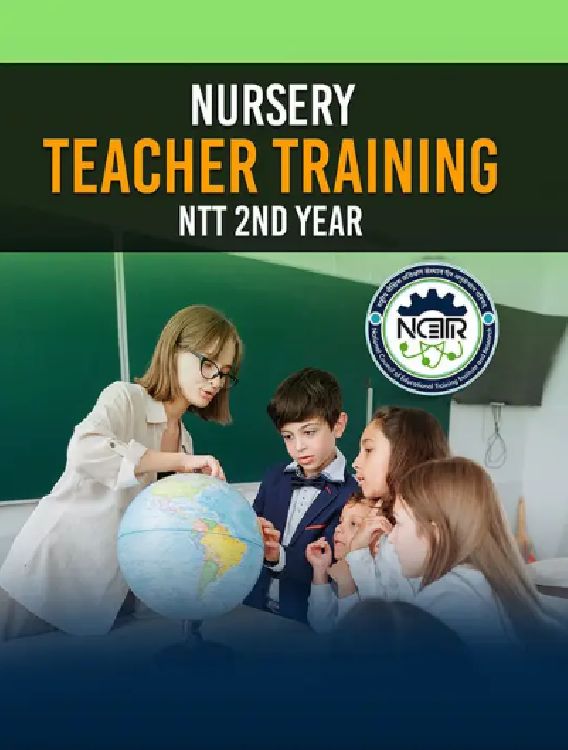
Course Code : M-NTT02

Course Code : M -01

Course Code : M-02

Course Code : M-03

Course Code : M-04

Course Code : M-05

Course Code : M-07

Course Code : M-08
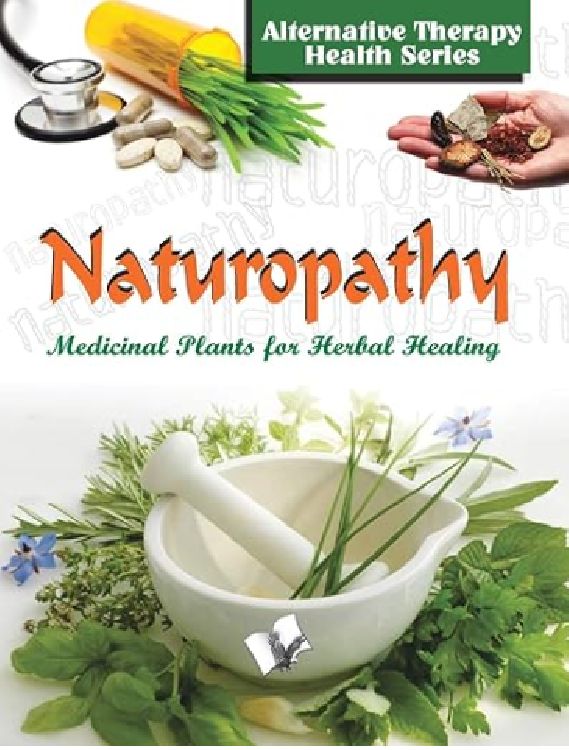
Course Code : M-09
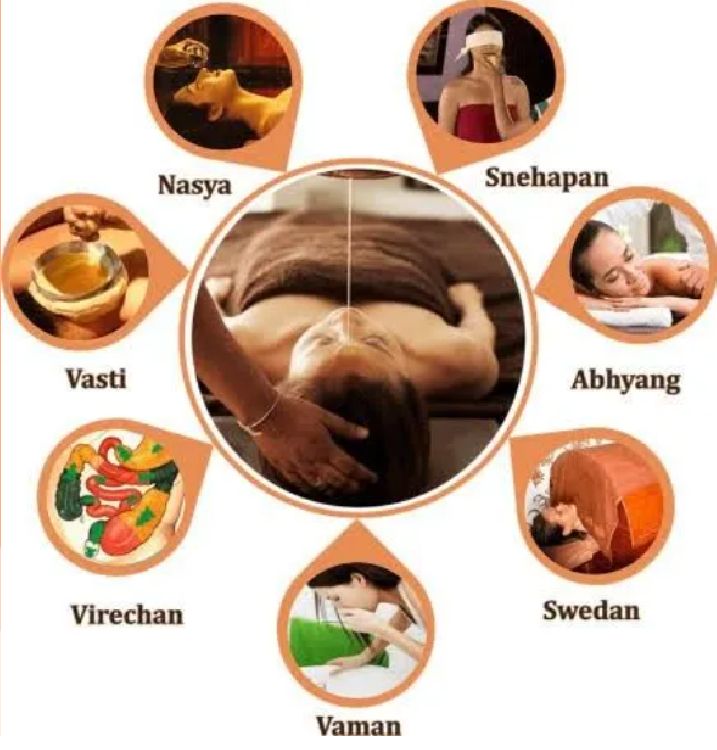
Course Code : M-10

Course Code : M-11

Course Code : M-12

Course Code : M-13

Course Code : M-14

Course Code : M-15

Course Code : M-16
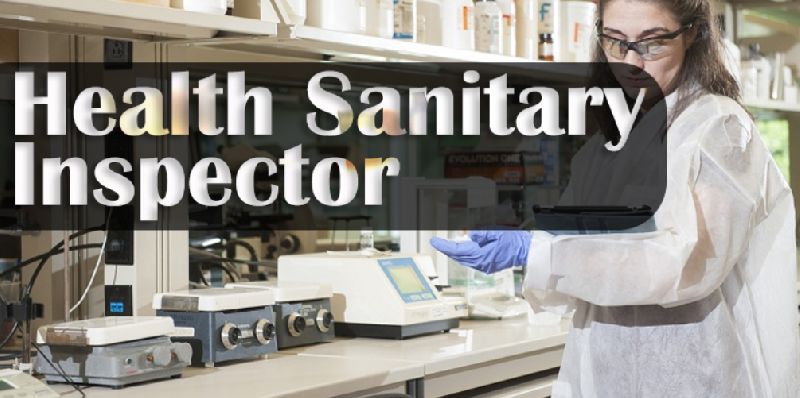
Course Code : M-17
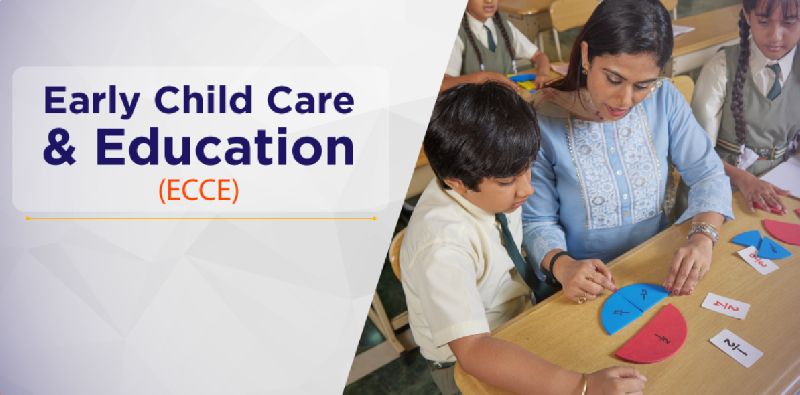
Course Code : M-18

Course Code : M-19

Course Code : M-20
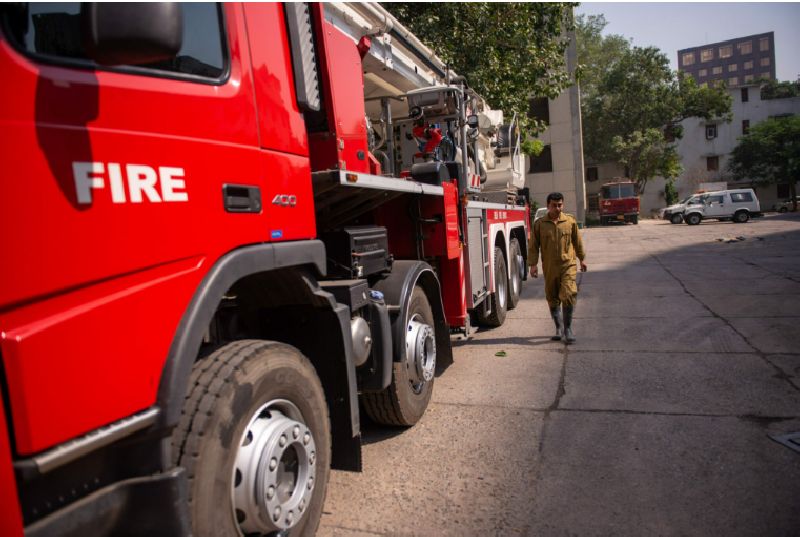
Course Code : M-21
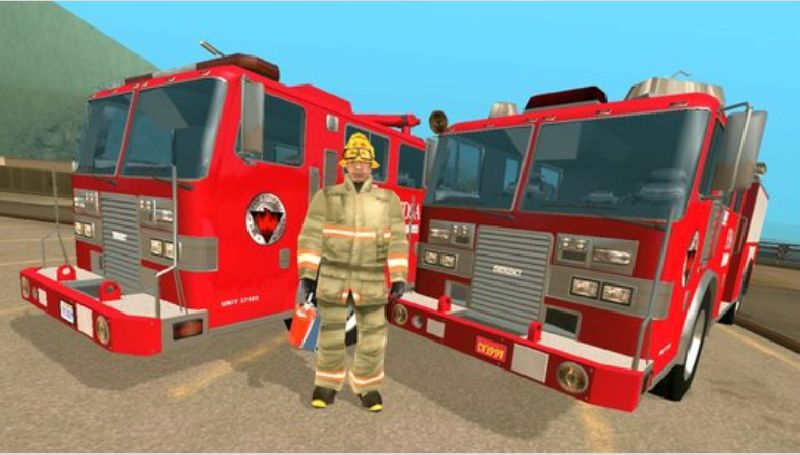
Course Code : M-22

Course Code : M-23
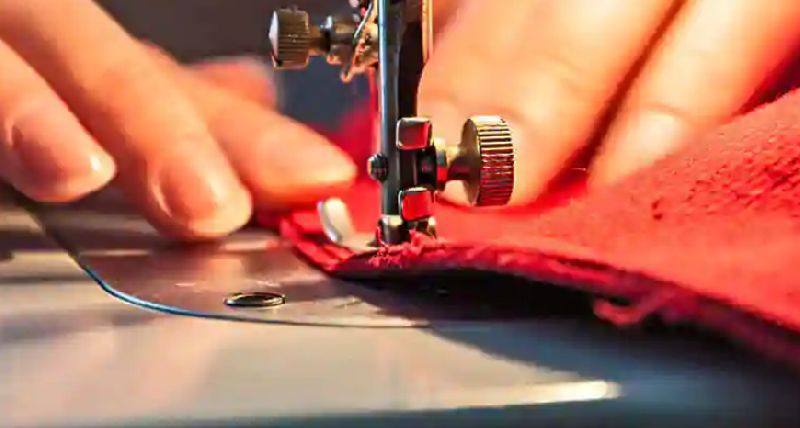
Course Code : M-24

Course Code : M-25

Course Code : M-26
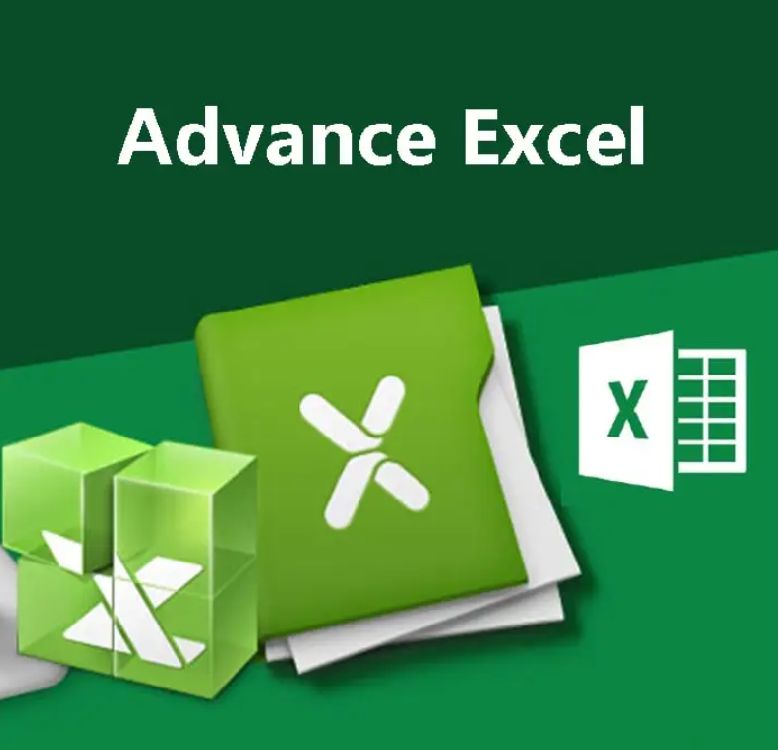
Course Code : M-27

Course Code : M-28

Course Code : M-29
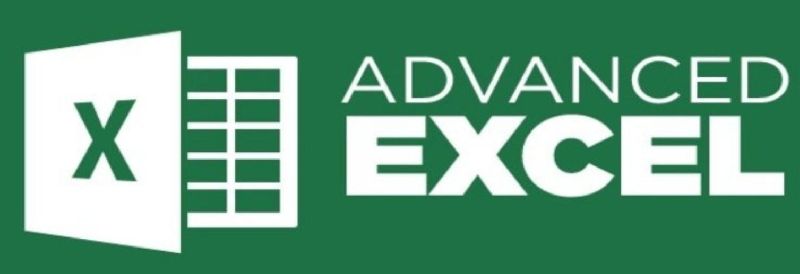
Course Code : M-30

Course Code : M-31
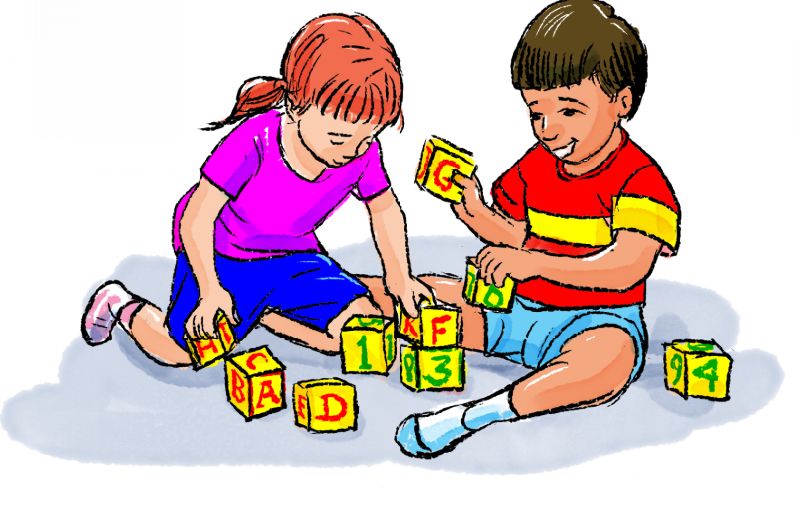
Course Code : M-32

Course Code : M-33

Course Code : M-34

Course Code : M-35

Course Code : M-36
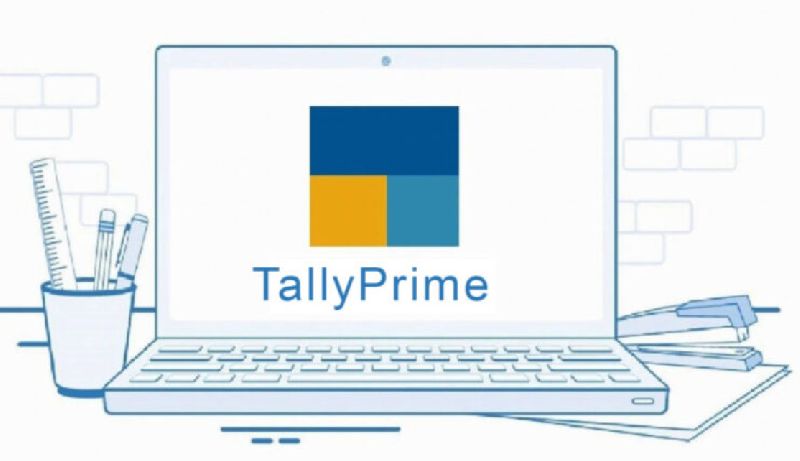
Course Code : M-37
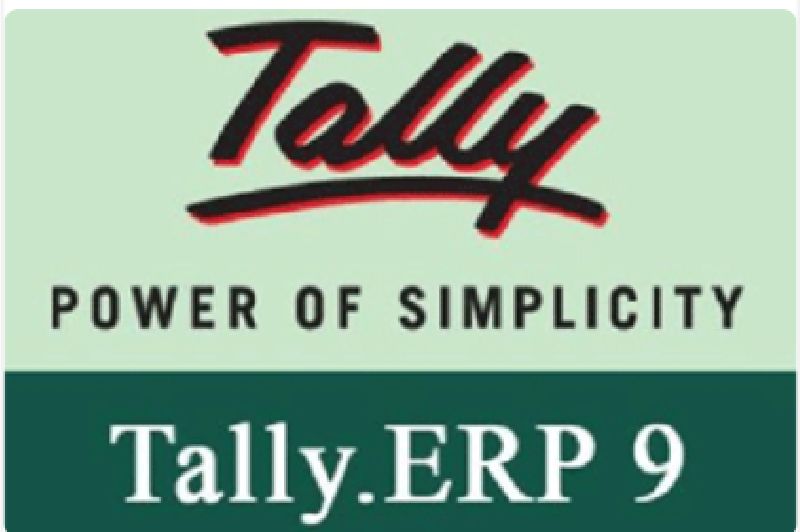
Course Code : M-38
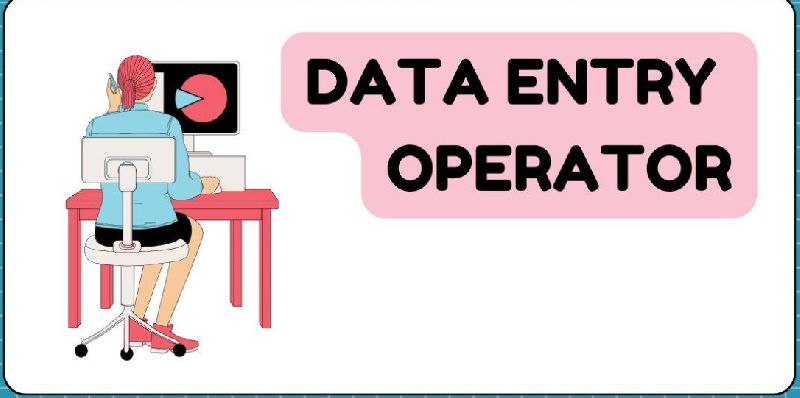
Course Code : M-39

Course Code : M-41
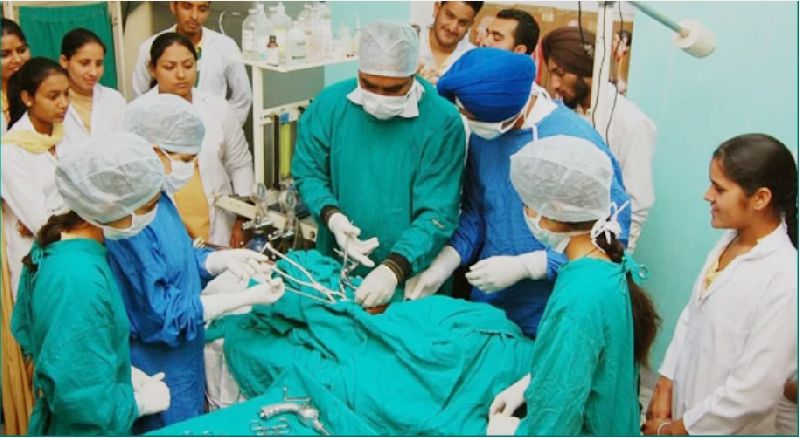
Course Code : M-42
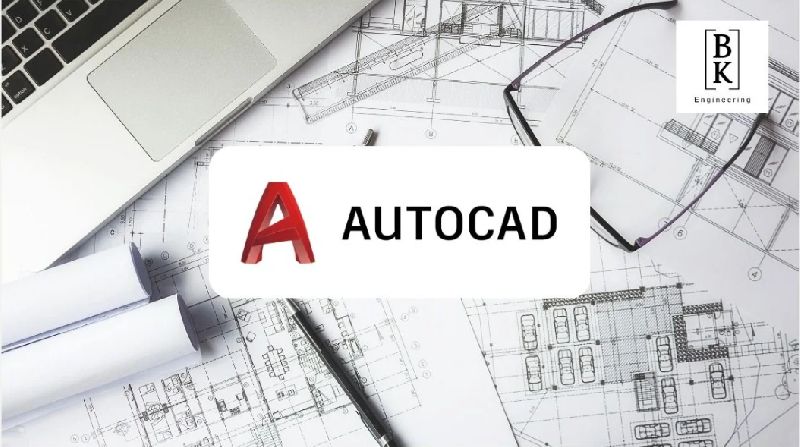
Course Code : M-43
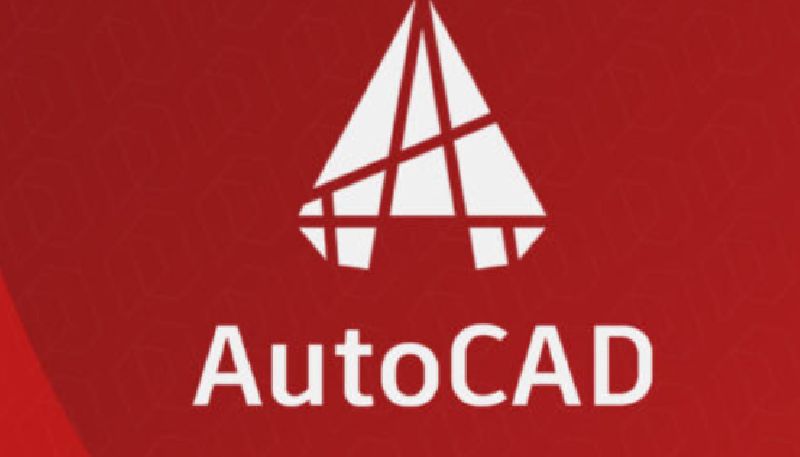
Course Code : M-44
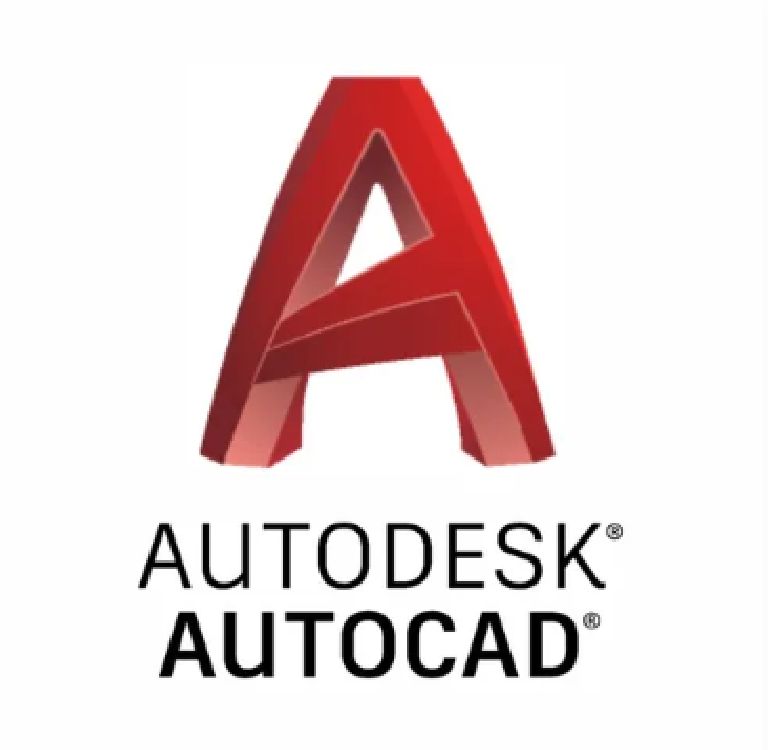
Course Code : M-45

Course Code : M-46

Course Code : M-47

Course Code : M-48

Course Code : M-49
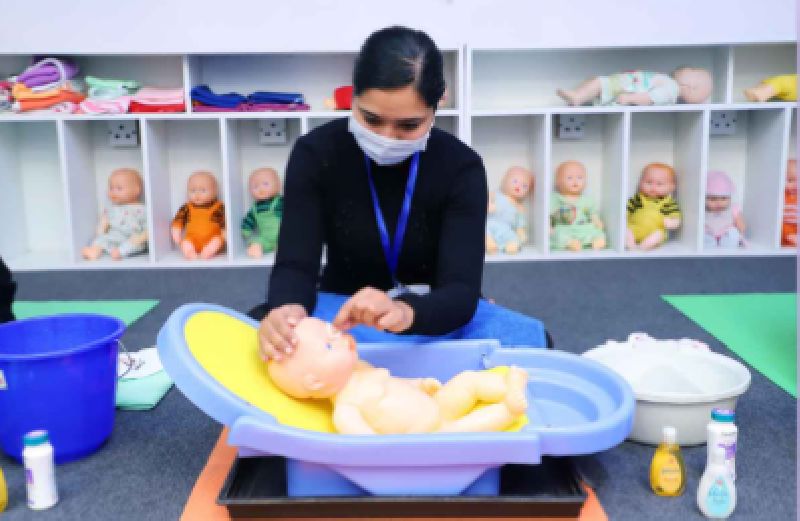
Course Code : M-50
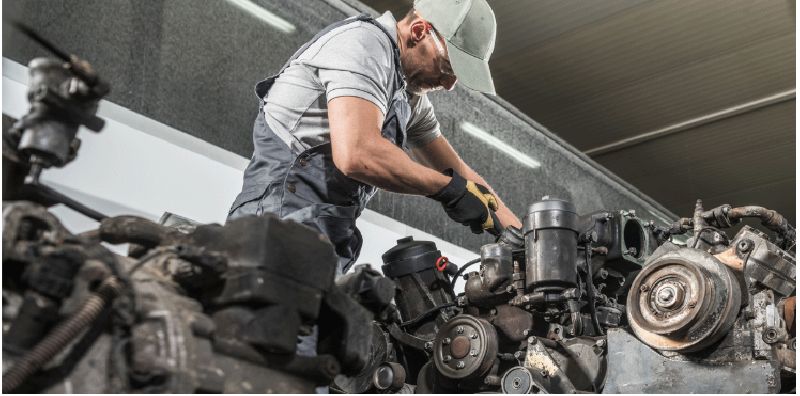
Course Code : M-51
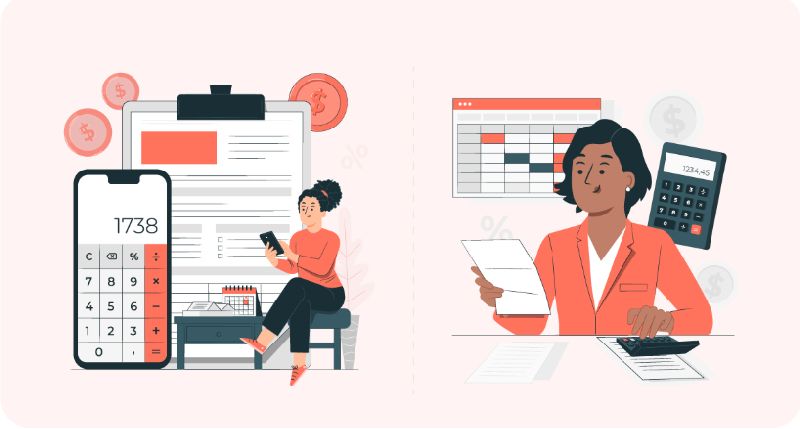
Course Code : M-52

Course Code : M-53

Course Code : M-54

Course Code : M-55

Course Code : M-56

Course Code : M-57

Course Code : M-58

Course Code : M-59
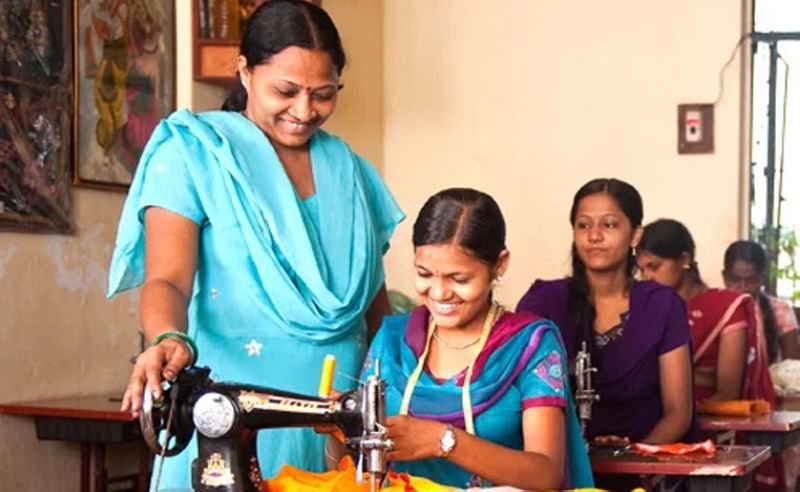
Course Code : M-60

Course Code : M-61
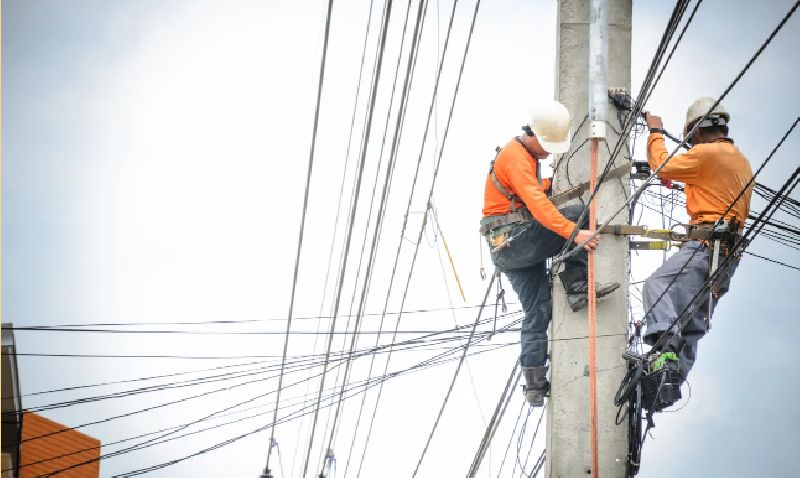
Course Code : M-62

Course Code : M-63

Course Code : M-64

Course Code : M-65

Course Code : M-66
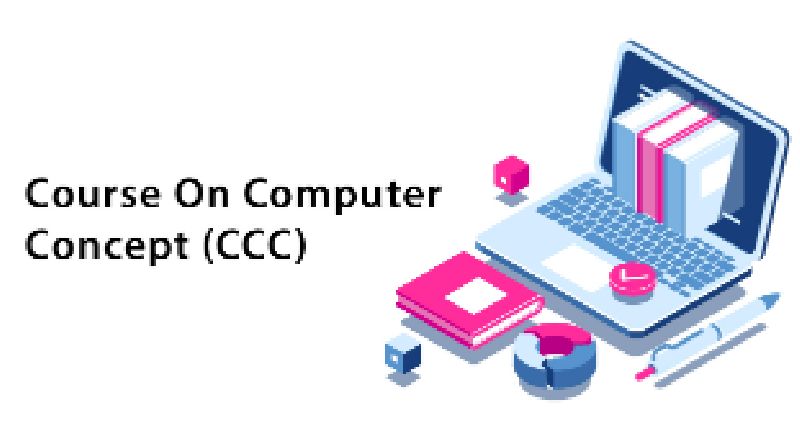
Course Code : M-67
